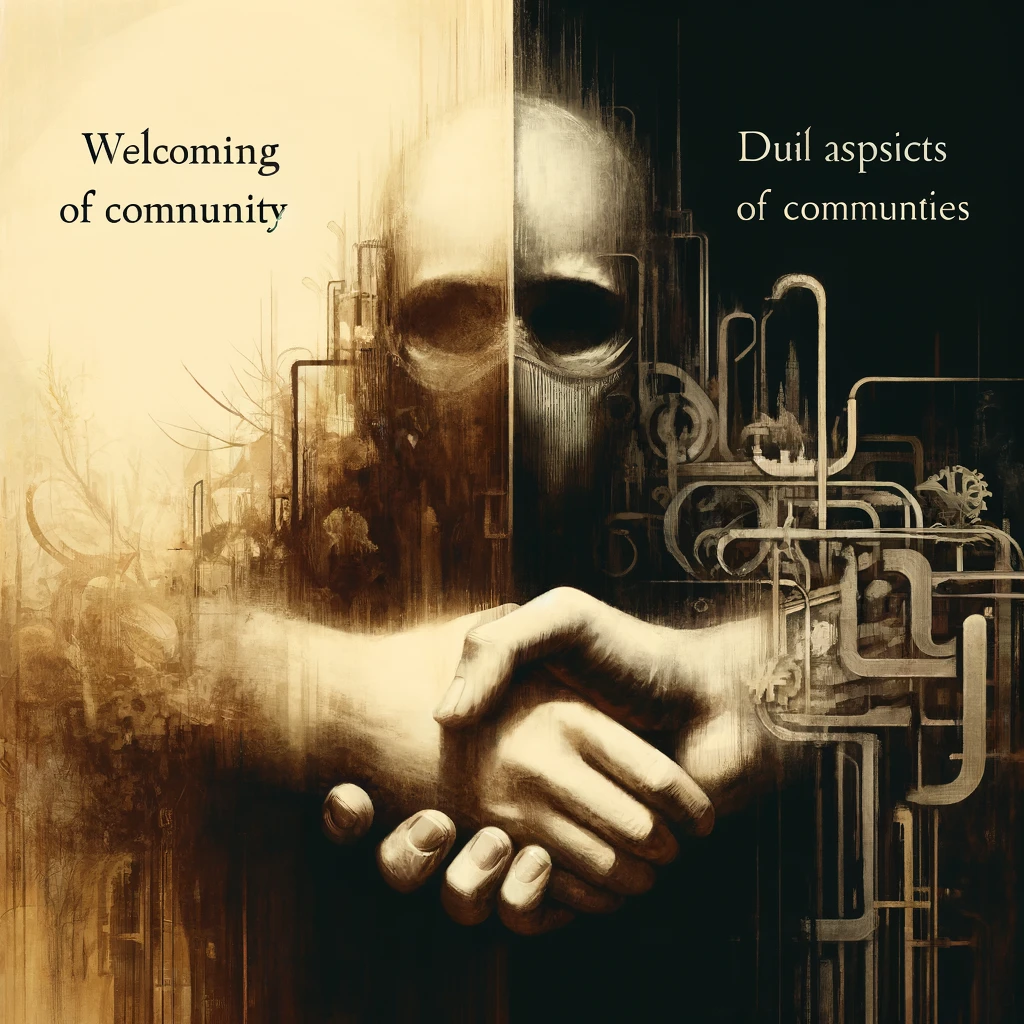Your cart is currently empty!

Lived Experience as a Self-Diagnostic Tool: Navigating Recovery Through Personal Insight
Recovery from mental health challenges like schizophrenia is deeply individual. The transformative impact of the disorder reshapes one’s personality and abilities, requiring a profound adjustment in communication and decision-making. Navigating potential relapse calls for a robust self-care strategy and the power of genuine self-disclosure for mutual healing and understanding. Embracing personal insights can lead to…
Regarding recovery, the prognosis is as diverse as the individuals experiencing it. The journey to heal from acute disorders or manage chronic symptoms varies significantly from person to person, and the recovery rate can differ across diagnoses. My personal battle with first-onset psychosis makes visible how lived experience is critical in the healing process.
The Transformative Impact of Schizophrenia
Schizophrenia has undeniably reshaped my personality and approach to life. How I tackle problems, embrace new experiences, and interact with the mundane has fundamentally shifted. This transformation extends beyond the natural maturation process, signifying a profound alteration in the essence of my being. Such rapid development was not a matter of choice but a necessity dictated by the need for precise and cautious decision-making in a psychological landscape with little margin for error.
Questioning the Source of Change
One might ponder whether these changes stem directly from the disorder’s initial onset or are merely a byproduct of the brain’s healing process. After the onset, my capacity for articulate speech was severely compromised, forcing me to adopt new ways of communication and interaction. While partially attributable to personal growth, this adaptation is predominantly rooted in the dire need to function amidst the disorder’s constraints.
Rhetorical Shifts and Recovery
Reflecting on my pre-and post-disorder rhetorical abilities reveals significant shifts. My once spontaneous and effortless communication became a calculated effort to convey meaning. This alteration is not solely a testament to the resilience required for recovery but also highlights the challenges in relearning basic skills, including effective communication.
Plan B: Navigating Relapse and Reconstitution
The looming anxiety of potential relapse underscores the importance of a robust self-care strategy. Aligning with supportive peers and professionals, maintaining self-awareness, and embracing a proactive approach towards mental health are essential steps in mitigating the fear of regression. This collective effort fortifies one’s resilience and ensures a network of support tailored to address the symptoms of relapse preemptively.
Dislodging Fear Through Authentic Communication
The power of genuine self-disclosure cannot be understated when it comes to mental health. Sharing one’s experiences, irrespective of the listeners’ reception, is a crucial educational tool that fosters understanding and empathy. Communicating one’s personal journey transcends the mere exchange of information, embodying a therapeutic gesture of solidarity and mutual healing.
Conclusion
The intersection of lived experience and recovery from mental health challenges like schizophrenia illuminates the complex, individualized nature of healing. By embracing the insights garnered through personal tribulation, we can navigate the intricacies of recovery with greater awareness, empathy, and resilience. Ultimately, the journey toward wellness is not solely about overcoming symptoms but about understanding and integrating the profound lessons of our lived experiences into a coherent narrative of recovery and hope.





Leave a Reply